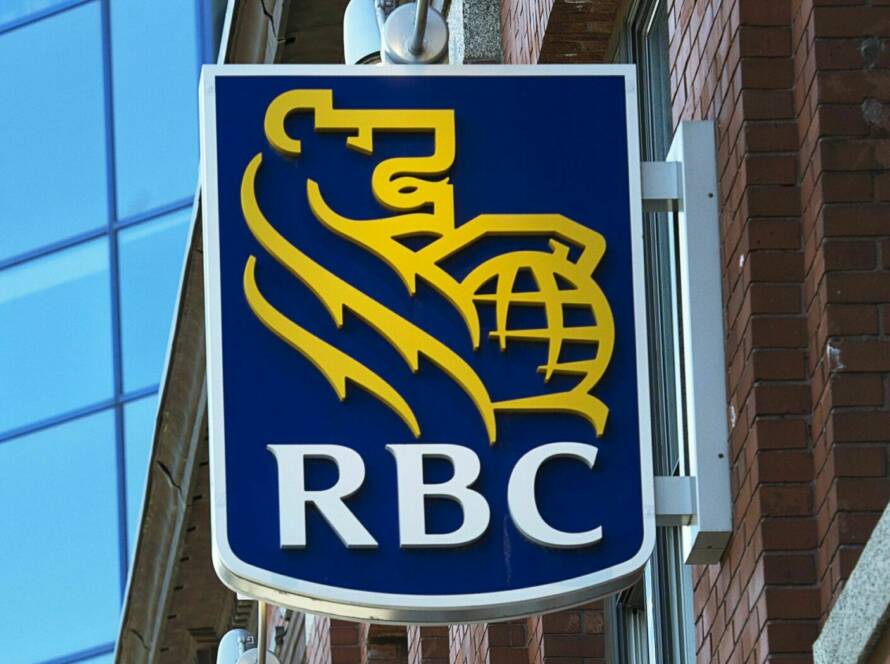Today CIBC released its net zero update, including interim 2030 targets for oil and gas.
Said Matt Price, Director of Corporate Engagement of Investors for Paris Compliance:
“We’re disappointed that CIBC joined other Canadian banks in failing to tackle rising financed emissions with weak intensity targets for oil and gas. CIBC more than doubled its fossil fuel lending last year, reaching almost C$28 billion – nothing announced today will reverse that negative trend.”
Highlights of the CIBC plan include:
- CIBC only set targets for one sector – oil and gas – and these were intensity targets rather than absolute reductions – 35% intensity reduction for Scopes 1 and 2, and 27% intensity reduction for Scope 3. Intensity targets allow overall emissions to rise with increased activity.
- CIBC claims to use the IEA’s net zero scenario (NZE) to set its targets, but effectively uses only the NZE emission factors while ignoring the absolute reductions in oil and gas production and greenhouse gas emissions.
- Unlike other banks, CIBC is yet to publish a baseline of its financed emissions so that investors and the public can assess its progress.
- A positive: in its target setting, CIBC includes its facilitated emissions from underwriting – something that many banks fail to do, thereby underestimating their impact on the climate.
- CIBC gives few details about how it will achieve its targets beyond ‘working with clients.’ There is nothing regarding how it will assess clients’ progress or hold them accountable, including ending business relationships if they refuse to move.
- While the Net Zero Banking Alliance provides guidance to members – including CIBC – to rely conservatively on negative emissions technologies, in absence of other stated strategies, CIBC seems to rely heavily on these, even though they are risky and unproven.
- CIBC has set a goal of providing C$300 billion in sustainable finance by 2030, but like other banks has a loose definition of “sustainable” that does not preclude deals that actually increase emissions.
- Yesterday, the annual Banking on Climate Chaos report was released, revealing that CIBC has lent over C$117 billion since the Paris Agreement, including almost C$28 billion in 2021, more than doubling the almost C$13 billion it lent in 2020.
- CIBC is yet to update its sector exclusions – including for coal, which remains vague and out of step with the consensus to phase out coal financing in the OECD by 2030 and everywhere by 2040.



